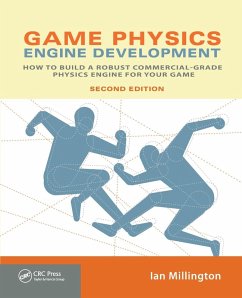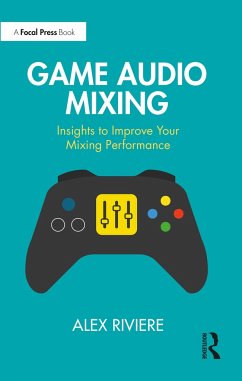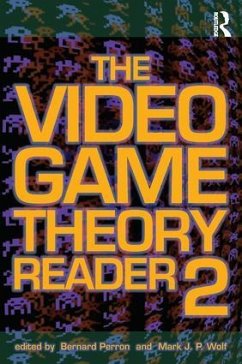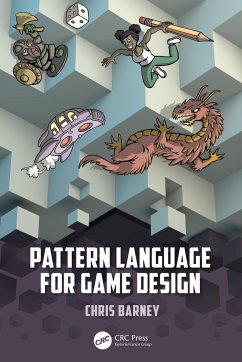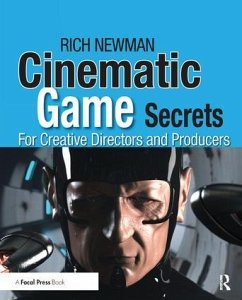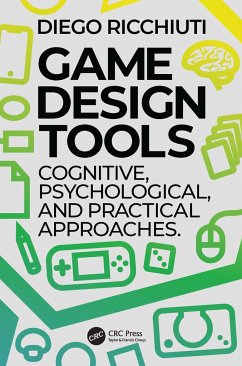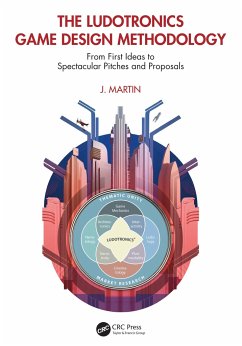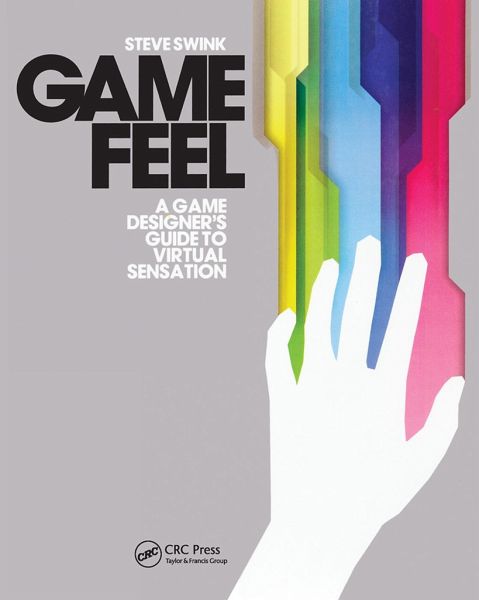
Game Feel
A Game Designer's Guide to Virtual Sensation
Versandkostenfrei!
Versandfertig in 6-10 Tagen
50,99 €
inkl. MwSt.
Weitere Ausgaben:

PAYBACK Punkte
25 °P sammeln!
"Feel" is the essence of human-computer interaction. It is the single most important (yet often overlooked) element in games that makes the game art form unique. No other traditional art form like film, literature, music encompasses interactivity, as games do. This book bring "feel" to the forefront and gives it a proper voice.







